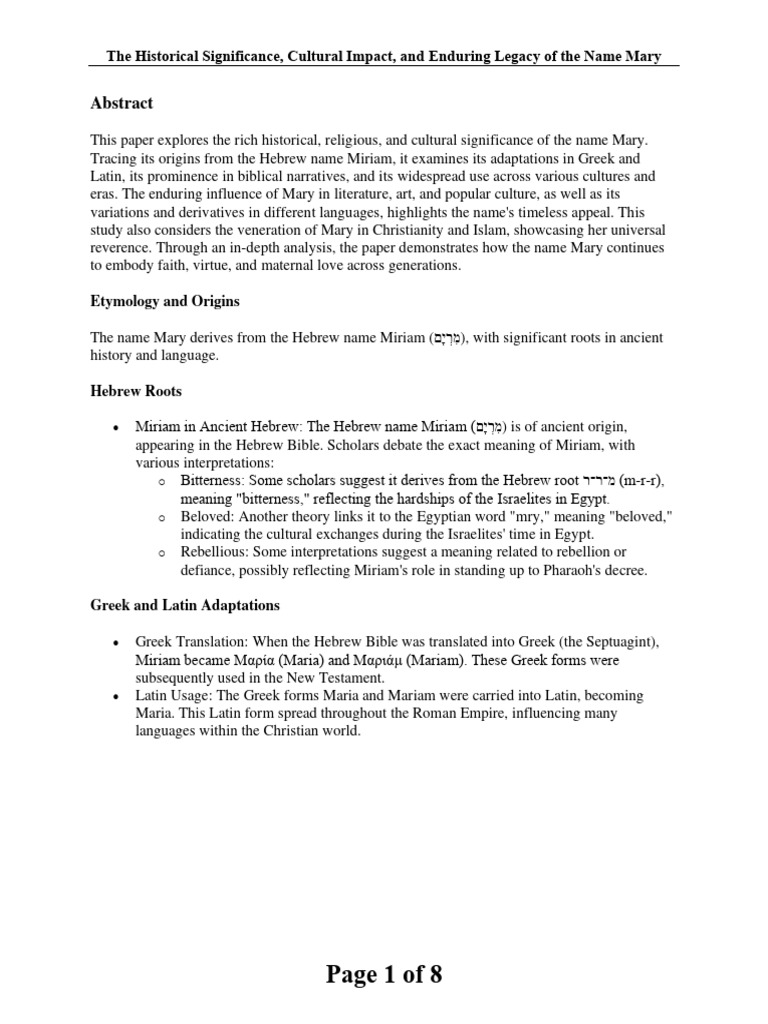The Karate Kid's Enduring Legacy: Impact And Cultural Significance

Table of Contents
The Karate Kid's Impact on Martial Arts Culture
Increased Interest in Karate and Martial Arts
The release of The Karate Kid sparked a significant surge in interest in karate and martial arts more broadly. The film's portrayal of karate as a disciplined and effective form of self-defense captivated audiences, leading to a noticeable increase in dojo memberships across the country. The specific style showcased, Okinawan karate, experienced a particular boost in popularity, with many individuals inspired to seek out training in this traditional art form.
- Numerous new karate dojos opened in the wake of the film's success.
- Media coverage of karate increased dramatically, further fueling public interest.
- While precise statistics are difficult to obtain for that era, anecdotal evidence and reports from martial arts instructors strongly suggest a significant rise in student enrollment.
Shifting Perceptions of Martial Arts
Before The Karate Kid, martial arts were sometimes portrayed in a sensationalized or stereotypical manner in media. This film, however, presented a more nuanced and positive perspective. It emphasized the discipline, respect, and personal growth inherent in the practice, shifting public perception towards a more accurate and appreciative understanding. The focus wasn't solely on fighting; it was on self-improvement, perseverance, and the development of character.
- The film challenged negative stereotypes associated with martial arts, portraying them as a path to self-discovery.
- The emphasis on mental discipline and self-control resonated with a wide audience.
- The Karate Kid presented a compelling narrative that highlighted the positive aspects of martial arts training.
The Film's Broader Cultural Influence
Themes of Perseverance and Self-Discovery
The Karate Kid is far more than just a martial arts movie; it's a powerful story about overcoming adversity, self-belief, and the importance of mentorship. Daniel LaRusso's journey from bullied outsider to confident karate champion resonated deeply with audiences across cultures and demographics. The film's enduring appeal lies in its relatable themes of perseverance and the transformative power of self-discovery.
- The "wax on, wax off" training montage illustrates the importance of patience and dedication.
- Daniel's struggles and eventual triumph embody the classic "underdog" narrative that continues to inspire.
- The film's message of self-belief and the power of positive thinking remains timeless.
The Mentor-Student Relationship and its Representation
The relationship between Daniel and Mr. Miyagi is arguably the film's most significant contribution to popular culture. Their bond transcends the typical mentor-student dynamic, evolving into a deeply meaningful and emotionally resonant connection. Mr. Miyagi's unconventional teaching methods and unwavering belief in Daniel's potential established a powerful archetype that has been referenced and reinterpreted in countless works of media.
- The film's portrayal of mentorship influenced subsequent representations in movies, television, and literature.
- Mr. Miyagi's wisdom and patience became iconic representations of effective guidance.
- The unique dynamic between Daniel and Mr. Miyagi transcended cultural barriers, resonating globally.
The Karate Kid Franchise and its Evolution
The success of The Karate Kid spawned a successful franchise, including sequels, remakes, and a television series, Cobra Kai. These additions have further solidified the film's place in popular culture, demonstrating its adaptability and continued relevance across generations. While some sequels have been more successful than others, the franchise as a whole has ensured that The Karate Kid's legacy continues to evolve and reach new audiences.
- The Karate Kid Part II and Part III expanded on the original's themes and characters.
- The 2010 remake updated the story for a new generation, retaining the core themes.
- Cobra Kai successfully revived the franchise for a streaming audience, exploring new narrative avenues.
Conclusion: The Lasting Impact of The Karate Kid
The Karate Kid's enduring legacy is undeniable. Its impact extends beyond the realm of martial arts films, touching upon themes of perseverance, mentorship, and self-discovery that resonate deeply with audiences worldwide. Its influence on martial arts culture, its contribution to popular representations of mentorship, and its ongoing success through its franchise all point to a lasting cultural significance that continues to inspire and entertain.
What aspects of The Karate Kid's enduring legacy resonate most with you? Share your thoughts on The Karate Kid's cultural impact below!

Featured Posts
-
 Timberwolves Randle Revelation What The Knicks Missed
May 07, 2025
Timberwolves Randle Revelation What The Knicks Missed
May 07, 2025 -
 Nhls Tech Upgrade Apple Watches For Referees
May 07, 2025
Nhls Tech Upgrade Apple Watches For Referees
May 07, 2025 -
 Winning Numbers Lotto And Lotto Plus Results April 12 2025
May 07, 2025
Winning Numbers Lotto And Lotto Plus Results April 12 2025
May 07, 2025 -
 Trumps Xrp Support A Catalyst For Institutional Adoption
May 07, 2025
Trumps Xrp Support A Catalyst For Institutional Adoption
May 07, 2025 -
 Lotto 6aus49 Ziehungsergebnis Vom 19 April 2025
May 07, 2025
Lotto 6aus49 Ziehungsergebnis Vom 19 April 2025
May 07, 2025
